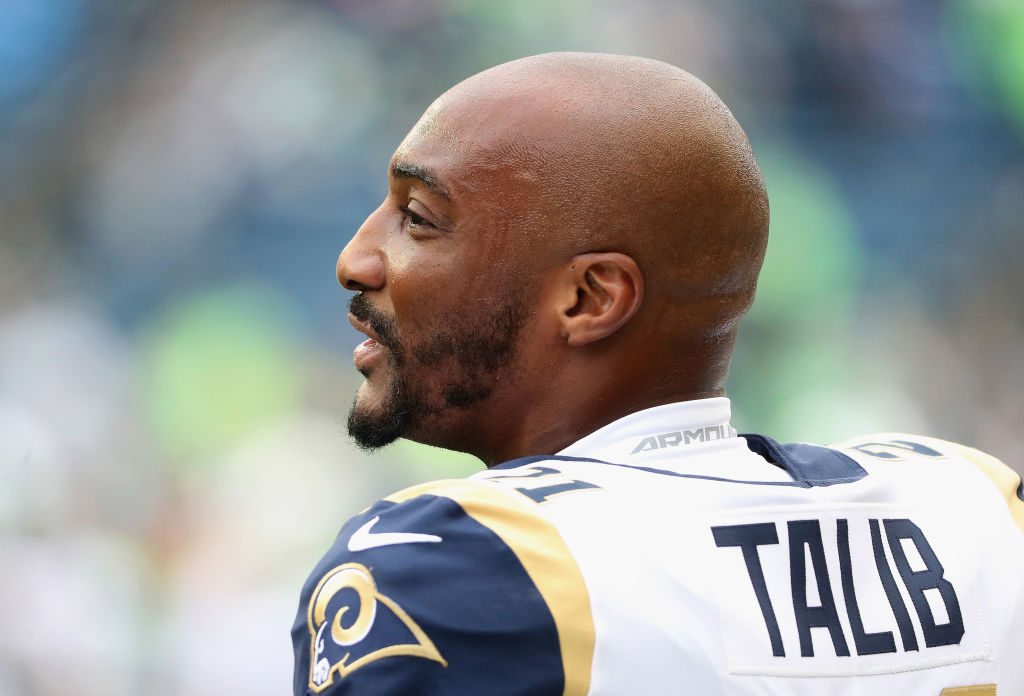NFL
3 Reasons Why We Saw So Many Deals Before This Year’s NFL Trade Deadline

Let’s get the disappointment out of the way first. Yesterday’s NFL trade deadline was a dud. But, when we look at the bigger picture, there’s still hope. While the NFL was once known for being a league where trades simply didn’t happen, we did see more deals than usual this year.
Whether it was the Patriots acquiring Mohamed Sanu last week or the Kansas City Chiefs’ summer trade for Frank Clark, teams generally seem less reluctant to pull the trigger. So why is that attitude changing?
The rise of player power
While the NFL might not have NBA-style super teams, there’s definitely a bit of a trickle-down effect. In the modern sports world, athletes don’t have to grin and bear it as they once did. If they want to leave a team, they’ll usually get their way.
Antonio Brown, for example, forced the Pittsburgh Steelers to move him; more recently, Jalen Ramsey requested a trade, and eventually got it. The margins in the modern NFL are so slim that there’s no point in carrying a disgruntled star on your roster. If you’re paying someone to sit at home, you might as well trade them for something.
“There’s absolutely a social media component that teams don’t want to deal with,” said an NFC executive told Sports Illustrated. “The noise around disgruntled players can be really difficult to deal with. AB’s the extreme, but rumors pop up, and teams are forced to talk about it more than they used to, the players talk about it more on social, and it becomes a noise that creates more urgency.”
Younger, more analytical general managers
For decades, NFL general managers clung to draft picks at all costs. These days, however, analytic has shown that most picks are little more than a shot in the dark.
While top picks will always hold value, teams now realize that selections towards the end of the first round and later aren’t that precious. People also tend to overestimate the unknown; sure, that running back you snag in the third round could be a star, but the odds say he probably won’t. If you know that you need a particular type of player, it’s easier—and usually cheaper in the long run—to go out and get him, rather than gambling on the draft or paying a premium in free agency.
Those sort of thought processes has shaken up NFL trade talks. Draft picks are no longer sacred, untouchable objects and general managers aren’t afraid to make a quick phone call. The worst thing that can happen is that the other general manager will say no.
The NFL is a win-now league
The NFL has built its brand on being a place where any team can win on “any given Sunday.” While that’s great for fans, it makes life harder for coaches and general managers.
Coaches have always felt the brunt of the hot seat, but general managers are under increasing pressure, too. That reality has pushed teams to be more aggressive in the trade market; if they stood pat this year, they might not make it to next year.
While that might not be the best work environment for team employees, it makes things more exciting for fans…at least until the NFL trade deadline arrives, and all the deals dry up.











